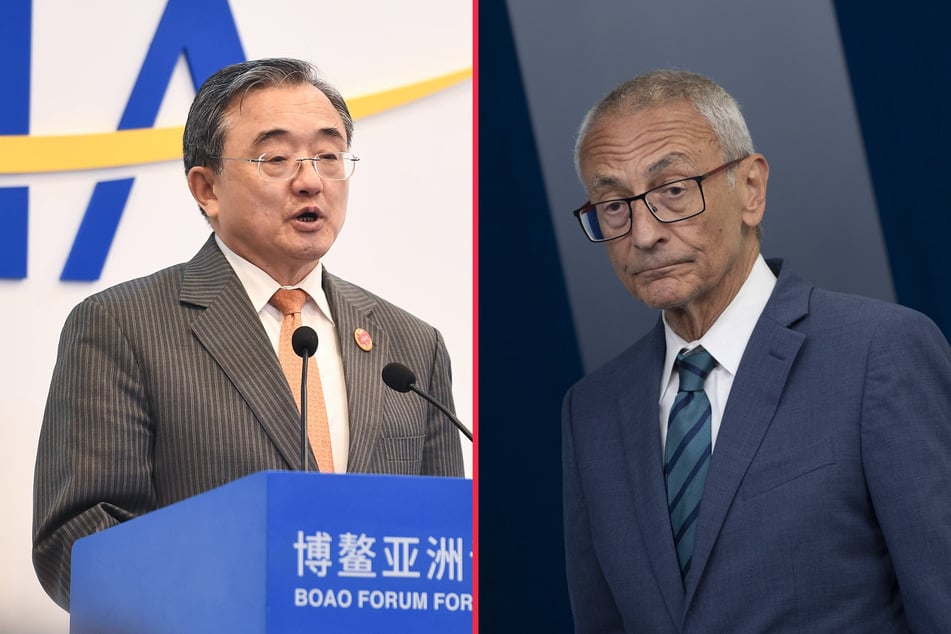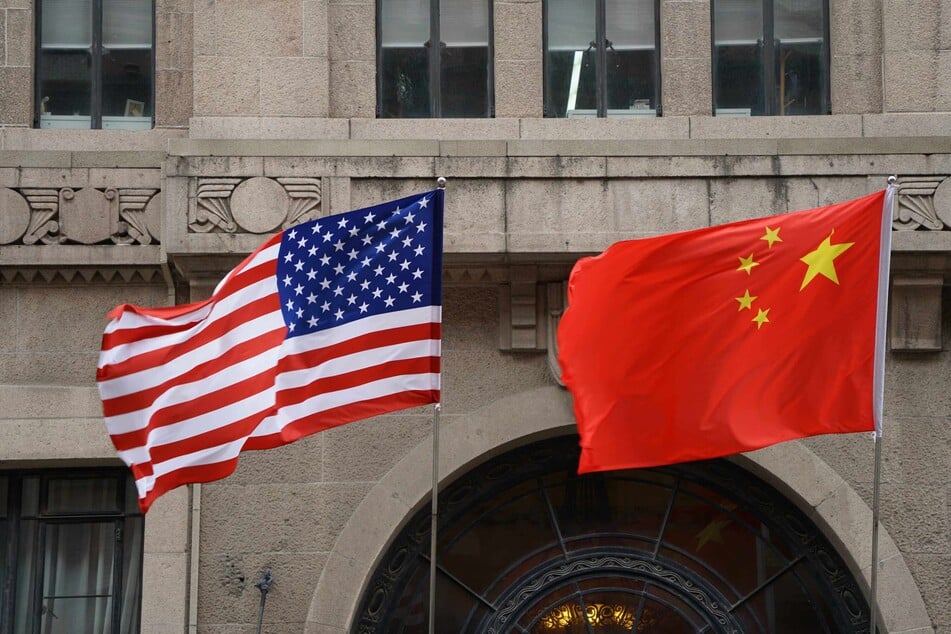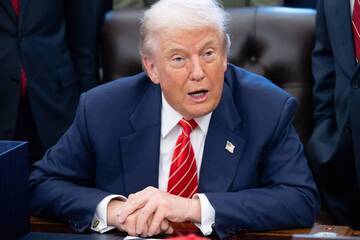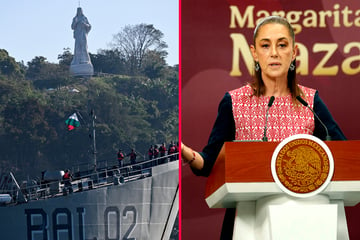US and China to hold first talks on climate change
Washington DC – After months of silence on the issue of climate change, the Chinese and US governments will finally resume talks on improving cooperation in a new meeting.

The meeting will reportedly be held in Washington DC between US climate change diplomat John Podesta and his Chinese equivalent Liu Zhenmin. It is expected to take place next week, likely between May 8 and May 10.
Increased cooperation on climate change issues was on the table last week as part of discussions between Secretary of State Antony Blinken and Chinese President Xi Jinping. It is masked amid simmering security tensions between the world's two biggest economies and other regional players.
It will also be the first time that Liu Zhenmin will visit Washington DC since he replaced his predecessor Xie Zhenhua, who had to step down due to health reasons.
Podesta is also relatively new in the role, having replaced John Kerry only a few months ago.
Where do the US and China stand on climate change?

Speaking at his regular press conference on April 29, China's Foreign Ministry Spokesperson Lin Jian told Reuters that while China and the US "maintain close communication," he had "nothing more to share" about the expected meeting.
However, Liu Zhenmin on Thursday spoke with Bloomberg TV about extensive technological issues related to climate change. He said China still has a high demand for energy products because they are "determined to increase our renewable energy capacity to a high percentage, perhaps to over eighty percent."
"I think for the next decade we are still in the process of increasing our renewable energy capacity. Globally, I think that's much slower."
Reuters reported insiders close to Liu said the meeting will take place in Washington next week, but the Biden administration is yet to formally confirm the meeting will take place.
The only thing confirmed by Liu himself is that he will meet with Podesta on his next trip to the US, whenever that may be.
Liu told Bloomberg that "if Western countries continue to insist on decoupling... it will cost the world an addition $6 trillion additional cost. We need to maintain the lower cost, otherwise no one will be able to afford this energy transition process."
Cover photo: Collage: IMAGO/Xinhua/Cover-Images

